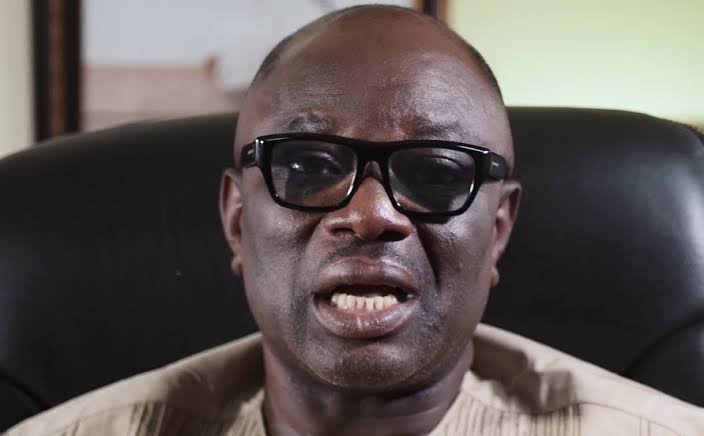37 % Inflation Rate Hitting Hard on Ghanaian Small Businesses
Small and medium scale enterprises in Ghana are up in arms against what they described as unsustainable inflation rate of 37 percent which they say is running businesses under. This follows rising global inflation as a result of the war in Russia and Ukraine which led to escalating food crisis, and logistics disruptions all over the world.
However, the crisis in Russia-Ukraine fed on existing economic crisis that has been brewing in Ghana for some time. Ghana has long been battling with inflation, with rates that have increased monthly for 16 straight months, up to a recent 21-year high of 37.2%.
With these rates, the cedi is described as the world’s worst performer against the dollar. Living in Ghana has become increasingly expensive—too expensive for the traders to do nothing about it.
Read also : How Tech Businesses Can Empower South African Entrepreneurs
To this end, the traders have planned a three day protest during which they will lock their businesses and carry placards to highlight their challenges.

This was made known by the Ghanaian Union of Traders Association (GUTA) as they have resolved to unanimously take to the streets of Ghana to express their deep pains about the country’s economic situation.
With their shops locked, these demonstrators are trying to make the government respond to their plight: inflation, high-interest rates, and a failing cedi has put many businesses on the brink of bankruptcy.
“As I speak to you now, we are not able to service our loans contracted by local banks and external suppliers. We are now at our wit’s end and can no longer endure any further suffering,” Joseph Obeng, the union’s leader said.
The government has however, promised to address the economic challenges through intervention the help of the Brettonwoods institutions.
Read also : Airtel Africa Acquires Spectrum for $29 Million in Zamtel
Ghana is looking for a bailout in a $3 billion relief fund from the International Monetary Fund (IMF), with which the country hopes to turn the tides. But the IMF is not convinced yet, and is asking Ghana to flesh out an economic reform plan.
Kelechi Deca

Kelechi Deca has over two decades of media experience, he has traveled to over 77 countries reporting on multilateral development institutions, international business, trade, travels, culture, and diplomacy. He is also a petrol head with in-depth knowledge of automobiles and the auto industry

